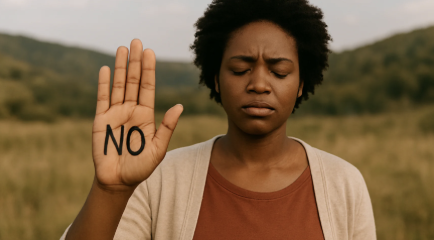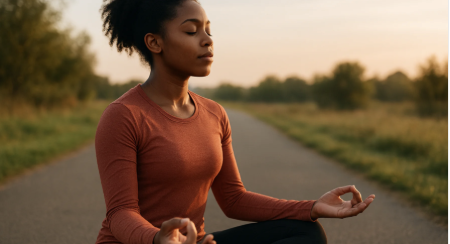Click title for full article
I was talking with a doctor friend, my bestie, and she reminded me of something both humbling and empowering: eating unprocessed foods, exercising, and reducing the toxins on your body does not guarantee you’ll never get sick. Diseases like cancer can develop for many reasons—genetics, environment, age, or purely unknown factors.
But here’s the important part: living a non-toxic lifestyle puts your body in the strongest possible position to fight back. It doesn’t promise immunity, but it builds resilience. And resilience is everything.











